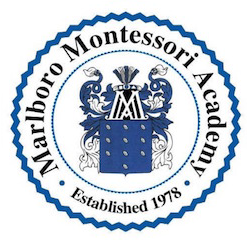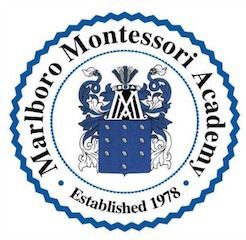732-946-1665
257 Highway 79, Morganville, New Jersey
732-946-1665
257 Highway 79, Morganville, NJ 07751
Practical Life Skills
Common Household Items Become "Tools".
Children love to do the same "work" that they see their parents do at home. Common household items become "tools" with which they develop small muscle dexterity, eye-hand coordination, and concentration skills. The Practical Life area provides the necessary preparation for future handwriting, language, and math skills. Children are naturally drawn to the interesting activities and attractive trays in this area. It happens to be the most changing, creative, and surely, the busiest section of the classroom.
"I Can Do It!"
The contention of Dr. Maria Montessori was that if the children could successfully care for themselves and their environment by performing practical life tasks independently, they could become more confident learners. The notion, "I can do it", becomes a part of their personality. The positive and amazing results of practical life skills give our students their first "vote of confidence."

Navigation
Contact Info
Phone Number: 732-946-8887
CAMP: 732-946-2267
Fax Number: 732-946-1665
GPS Address
257 Highway 79, Morganville, NJ, 07751
Mailing Address
P.O.Box 272, Wickatunk, NJ, 07765
All Rights Reserved
All Rights Reserved | Marlboro Montessori Academy
Marlboro Montessori Academy
Website designed by: NJ Local Marketing



